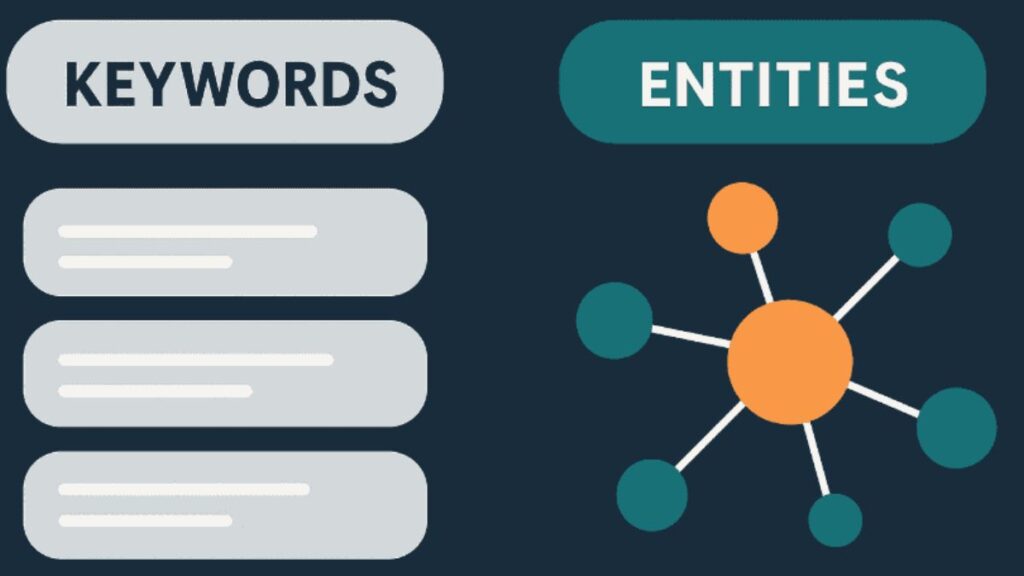Introduction
Search engine optimization is experiencing a dramatic transformation as AI technologies advance. For years, success was measured by how well a page matched specific keywords, but new AI-driven algorithms emphasize understanding context, relationships, and user intent behind every search. To adjust, businesses must rethink their content strategies to align with this evolving landscape. Early adopters already see the benefits of entity-based strategies that help them achieve greater visibility and authority in search results powered by artificial intelligence. For those looking to update their approach, resources on https://www.firestarterdigital.com/ai-optimization/ provide a primer on optimizing content for the age of AI-driven search.
This shift isn’t just technical—it fundamentally changes how content is planned, produced, and optimized. Instead of merely chasing high-volume keywords, businesses need to focus on the bigger picture: the entities at the heart of every query and the context that ties them together. As AI continues redefining what it means to be relevant, a new breed of content emerges, designed to satisfy algorithms and real human curiosity.
Understanding the Shift from Keywords to Entities
The keyword-centric approach that dominated SEO for decades is losing ground to more sophisticated search models. Modern search engines deploy advanced AI frameworks—like Google’s BERT and MUM—that interpret a query’s intent and context, not just the literal words used. In this new model, entities—distinct concepts, people, places, or things—form the backbone of search understanding.
Entities allow AI to connect the dots between related ideas, understanding that “Barack Obama” is not just a string of words but a former U.S. president, linked to concepts like “White House,” “healthcare reform,” and “Nobel Prize.” Content that recognizes and enhances these relationships stands a higher chance of surfacing in search, especially for more complex or conversational queries.
The Role of Knowledge Graphs in AI Search
Central to AI search is the concept of the knowledge graph—a vast web of interconnected entities and concepts that powers rich, context-aware search results. Google’s Knowledge Graph, for instance, maps relationships among millions of entities, making it possible to answer nuanced queries and provide direct answers, rather than a simple list of links.
Content optimized for knowledge graphs leverages structured information, semantic markup, and contextual cues. By enriching website content with relevant entities and associations, organizations position their content to be recognized and featured by search engines in knowledge panels, featured snippets, and conversational AI responses. This process requires technical schema markup and editorial awareness of how topics interrelate and how information is consumed.
 Implementing Entity-Based Content Strategies
Implementing Entity-Based Content Strategies
Develop Comprehensive Topic Clusters
Authority in search today is built by demonstrating comprehensive coverage around core topics, known as topic clusters. This involves producing pillar content on broad themes, supported by interlinked sub-articles that explore narrower, related entities or questions. Over time, these clusters provide a coherent knowledge resource, helping both users and AI navigate and trust your expertise.
Utilize Structured Data Markup
Adding schema markup to your pages gives search engines explicit signals about the entities discussed and their relationships. Markup can communicate everything from an author’s professional credentials to the nuanced relationships between a product, its uses, and its target audience. Implementing structured data improves the likelihood of earning rich results and elevates your site’s standing in AI-powered interfaces.
Focus on User Intent
Content strategies must pivot from isolated keywords to aligning with the real questions and needs behind searches. Consider what users genuinely want to learn, solve, or discuss for every target entity. Then, address these from different angles using related entities and natural language, ensuring your content comprehensively answers core and tangential queries.
Challenges in Transitioning to Entity-Based SEO
While entity-based strategies unlock new opportunities, the transition can be challenging. It demands a deeper grasp of your subject matter and the nuanced web of connections between related ideas. Teams must upskill, move beyond keyword research to entity mapping, and adapt to how AI understands and prioritizes content changes. Complicating matters, search engine algorithms continue to evolve, requiring ongoing education and testing.
There’s also an increased emphasis on content depth and accuracy. AI that values comprehensive, authoritative resources is more likely to overlook thin or superficial coverage. Organizations must invest in quality research, multidisciplinary collaboration, and regular content audits to ensure alignment with entity-based models.
Future Trends in AI Search and Content Strategy
The pace of change in AI-guided search is only accelerating. As models become more sophisticated, the focus on entities and contextual relevance will intensify. Future content strategies will rely even more heavily on data-driven topic modeling, semantic relationships, and predictive insights into evolving user intent. Real-time content adaptation and ever-improving AI will dictate success as businesses compete to be seen in new AI-powered environments, from search results to chatbots and beyond.
Staying ahead means continuously investing in research, structured data implementation, and entity-focused content clustering. The organizations that excel will embrace change and prioritize value for users, not just algorithms.
Final Thoughts
The transition from keyword-centric to entity-centric SEO is a fundamental evolution in search. Businesses can future-proof their visibility and authority by focusing on the entities that underpin user queries and aligning content with the context AI seeks. Adopting these practices ensures your content is well-positioned as search engines evolve, keeping you ahead in this dynamic, AI-driven era.







